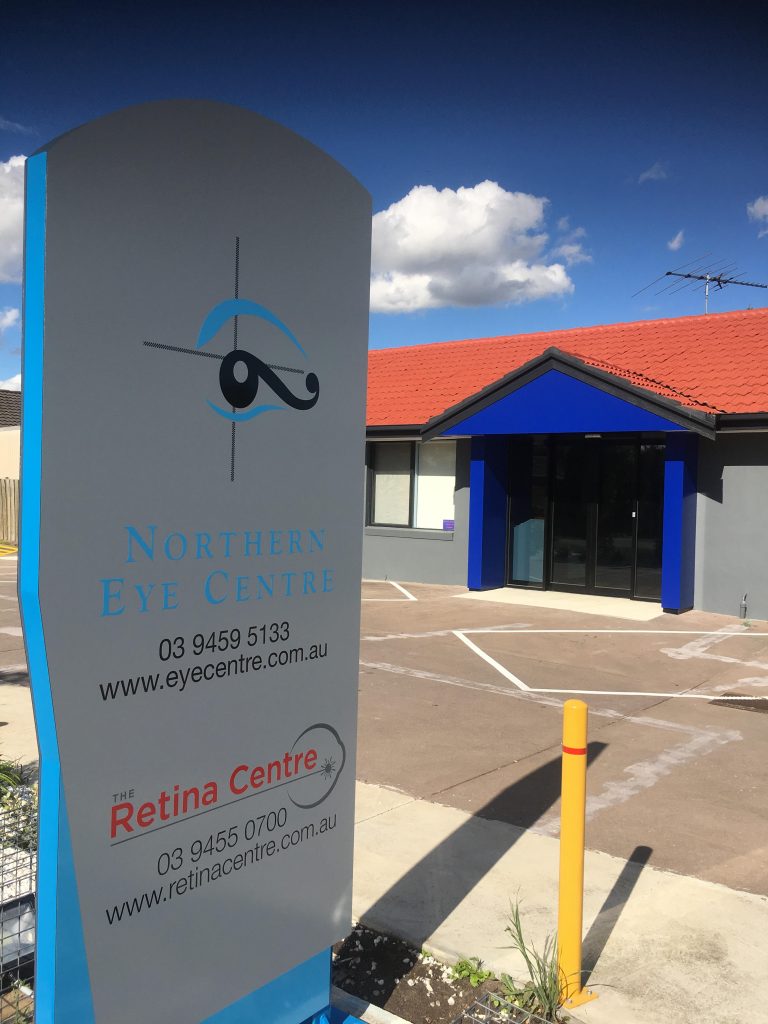It’s Important To Visit An Eye Specialist In Melbourne As We Age. Here’s How To Stay On Top Of Age-Related Vision Loss

As we age, it’s extremely important to monitor our vision to identify any signs of vision loss. This is because most symptoms of age-related vision loss are hard to detect until it becomes too late. Having regular eye exams with an eye specialist in Melbourne as we get older is the most effective way of ensuring that any early warning signs of age-related vision loss are detected. However, there are also other factors in our lifestyle that can contribute to either increasing or decreasing our risk of developing age-related vision loss.
What Types Of Age-Related Vision Loss Are Most Common?
It is normal to experience changes in your vision as you get older, which is a part of the normal process of ageing. However, ageing also increases the risk of these slight changes becoming the early symptoms of something much more serious. Below will explain the most common types of age-related vision loss.
- Age-Related Macular Degeneration
AMD (Age-related Macular Degeneration) is a serious condition that comes in two forms which are dry and wet macular degeneration, and typically affects people over the age of 50. It destroys our central vision over time which we require to see clearly and focus on objects. It can result in severe blind spots and permanent distorted vision.
- Glaucoma
Glaucoma is an eye disease which damages the optic nerve in the eye and can lead to complete blindness if not treated. Typically there are no early symptoms until it has progressed into the later stages, which can include difficulty seeing at night.
- Diabetic Retinopathy
Diabetic retinopathy is common in people diagnosed with diabetes and can lead to total blindness if not detected. Symptoms can include noticing faded colours, distorted lines, blurred vision and difficulty when reading.
- Cataract
A cataract is when the lens in the eye becomes clouded and results in vision becoming ‘foggy’. Symptoms can include seeing faded colours, difficulty seeing at night and in dim lighting, being unable to adjust to glare and strong light, noticing double vision and blurry vision.
Tips To Maintaining Good Eye Health
It’s important to have regular eye exams with an eye specialist in Melbourne in order to keep on top of your eye health, but there are also other lifestyle factors that can decrease your risk of developing age-related vision loss.
- Stop Smoking
Not smoking has many health benefits not just for our body but for our eyes as well. Smoking can increase the risk of many age-related vision impairments such as diabetic retinopathy, cataracts and age-related macular degeneration.
- Exercise
Again, not only is exercising greatly beneficial for your body but for your eyes as well. Research has shown that people who live active lifestyles are less likely to be at risk of age-related vision loss than people who don’t exercise or lead an active lifestyle.
- Wear Sunglasses
The UV from the sun’s rays can be very damaging to our eyes, especially if they are left unprotected throughout the course of our lives. Wearing sunglasses that provide full protection against UV-A and UV-B rays are recommended for maintaining good eye health.
- Healthy Diet
Maintaining a healthy diet can reduce the risk of developing serious conditions such as age-related macular degeneration. Eating nutrient-rich foods such as carrots, fish, citrus fruits, sweet potatoes, spinach and consuming the daily requirement of water (around 2 litres).
- Eye Exams
Having regular eye exams with an eye specialist in Melbourne at least every two years will ensure that any early signs of age-related vision loss are detected and dealt with accordingly.
At the Northern Eye Centre, we provide caring and quality eye care in our regional eye clinics situated in Swan Hill and Mildura, as well as the northern Melbourne suburbs in Heidelberg and Epping. If you have any issues regarding your eyesight and need to see an eye specialist in Melbourne, visit a Northern Eye Centre clinic or visit our website to fill out an appointment request form.
